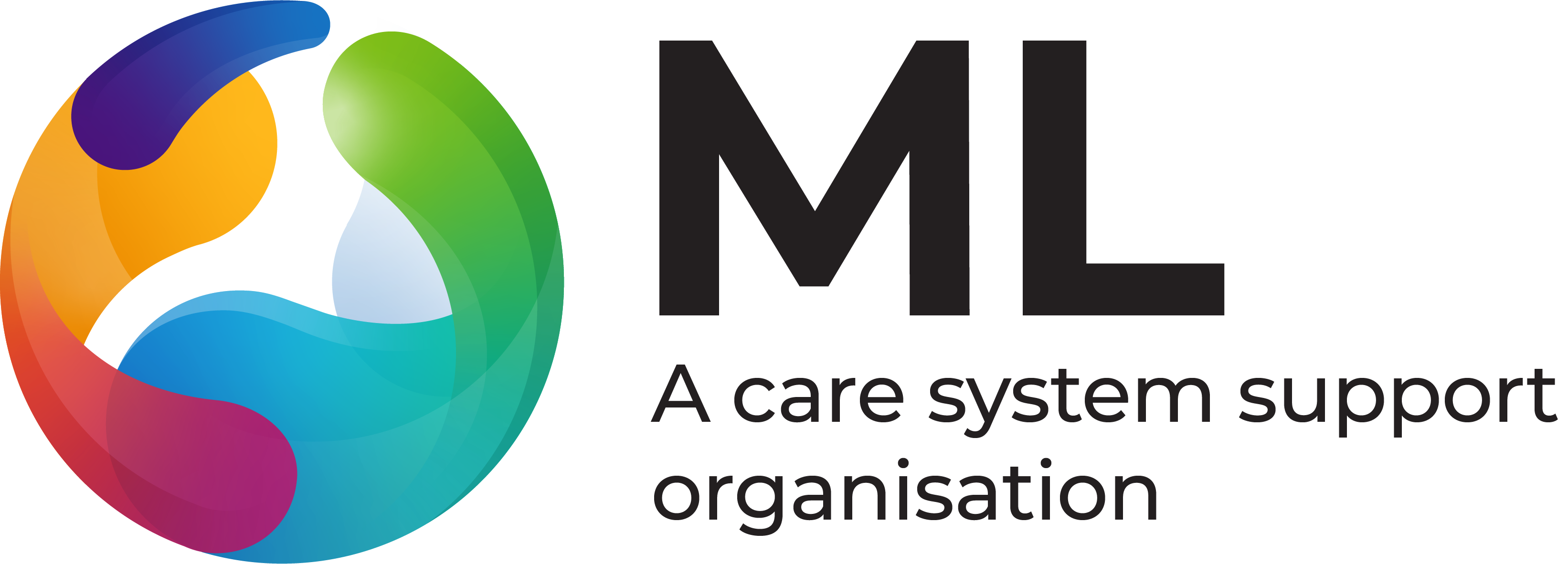Introducing patient-led repeat ordering of medicines in Wirral
Background
Wirral Clinical Commissioning Group (CCG) was wasting an estimated £2.2million every year on unused or partially used medication. The CCG asked our Medicines Management and Optimisation (MMO) team to implement changes to the way repeat medicines were ordered locally. The aim was to reduce the amount of wasted medicines and to improve patient safety issues due to stockpiling medication.
Action
We safely and effectively implemented the ‘Patient-Led Repeat Ordering Pilot’ with Wirral CCG in November 2016. Eight practices, with a total 29,514 patients prescribed repeat medication, opted into the five-month pilot. The third-party ordering option via pharmacies was removed for most patients. A small percentage of patients were identified by the practice or pharmacy as unable to order their own repeat medication and were excluded from the pilot and so continued to order their medicines through the pharmacy.
We provided bespoke support to the practices, including face-to-face briefings, in-depth staff training, expertise and support within the practice, particularly on ‘go live’ dates, and dealing with individual patient and pharmacy concerns. Patients were written to and posters were produced for surgeries and pharmacies We produced a variety of resources to support practices in their interactions with patients, carers and their patient participation groups.
We liaised with the Local Pharmaceutical Committee (LPC) before starting the pilot to discuss plans for implementation and for dissemination of messages to community pharmacies. During the pilot’s initial phase we visited pharmacies near the pilot practices. We liaised with the Wirral LPC representative throughout to ensure the committee was kept involved and up-to-date, and aware of any concerns raised by pharmacies.
Impact
Introducing patient-led repeat ordering in Wirral empowered patients to order their own medicines directly from their GP practice and resulted in improved patient safety and reduced waste and cost.
Pilot results showed a cut in spend on medicines resulting from a significant reduction in items issued, which correlates with associated improvements in patient safety and quality.
Compared to the period prior to implementation, on average 2,500 fewer scripts were issued each month across the eight practices. Item growth was reduced, with an average for the participating practices of -1.2% in 2016/17 (compared to 2015/16) against the overall CCG items growth for 2016/17 of 1.6% – a variance of -2.8%.
Practices involved in the pilot were compared to a group of local practices with a similar patient demographic. These controls showed no growth reduction in the same period.
Each practice’s average cost per item (ePACT) was used to estimate a cost saving. The total estimated cost reduction across all eight practices was £20,824 per month, equating to approximately £104,000 for the five months of the pilot. The eight practices cover 20% of the total Wirral population.
Further details are in the full pilot evaluation report .
We have saved around £6k per month on our prescribing budget which is fab for us and the wider health economy. From a practice perspective we have had some gains that were not obvious at the beginning – our online registration patient numbers have increased by 20%. NHS England contacted us to ask what we had done to get such an increase in sign-up for online access!
Phil McGunigall Practice Manager, Civic Medical Centre and CCG Practice Manager Lead

